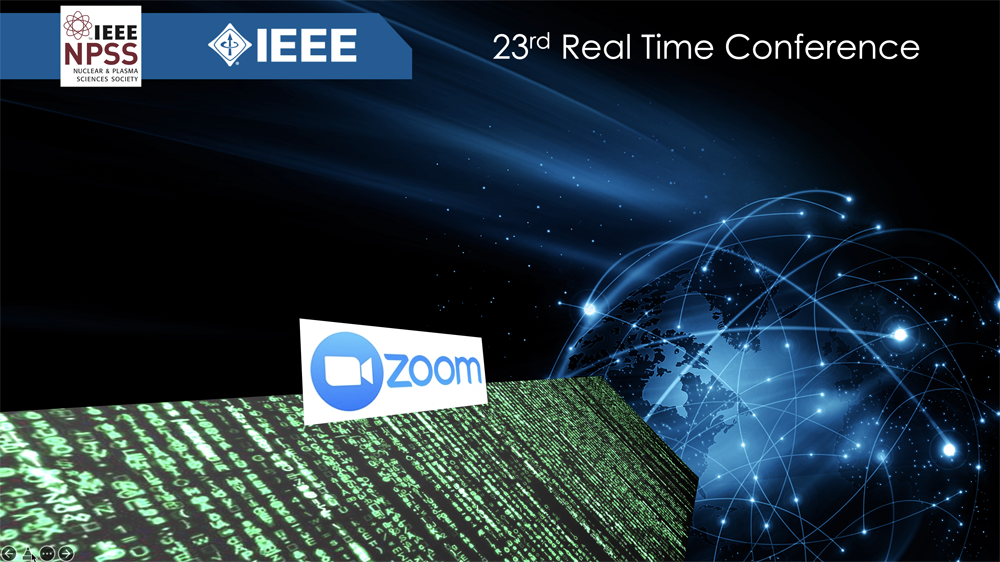Speaker
Description
Abstract—There is a pressing market demand to minimize the test time of Prompt Gamma Neutron Activation Analysis (PGNAA) spectra measurement machine, so that it could function as an instant material analyzer, e.g. to classify waste samples instantaneously and determine the best recycling method based on the detected compositions of the testing sample.
This article introduces a new development of the deep learning classification and contrive to reduce the test time for PGNAA machine. We propose Random Sampling Methods (RSMs) for “down-sizing” all the training samples, by assuming the spectral data as probability distributions. The result spectrum keep the intrinsic down-sized nature while the measurement time of the target sample is drastically cut. One more trick to downsize the samples - indicating the importance of each energy level using Class Activation Map (CAM). The less important energy range can be discarded in order to reduce channels of detectors. Then, these downsized samples are used to train Convolutional Neural Network (CNN) models.
We shorten the overall PGNAA measuring time down to 2.5 seconds while ensuring the accuracy is around 96.88% for our dataset with 12 different species of substances. Compared with classifying different species of materials, it requires more test time (sample count rate) for substances having the same elements to archive good accuracy. For example, the classification of copper alloys requires nearly 24 seconds test time for 98% accuracy.
Index Terms—PGNAA spectral classification, live time, deep learning, CNN with one-dimensional data, random sampling, Class Activation Map (CAM)
| Minioral | Yes |
|---|---|
| IEEE Member | No |
| Are you a student? | Yes |

